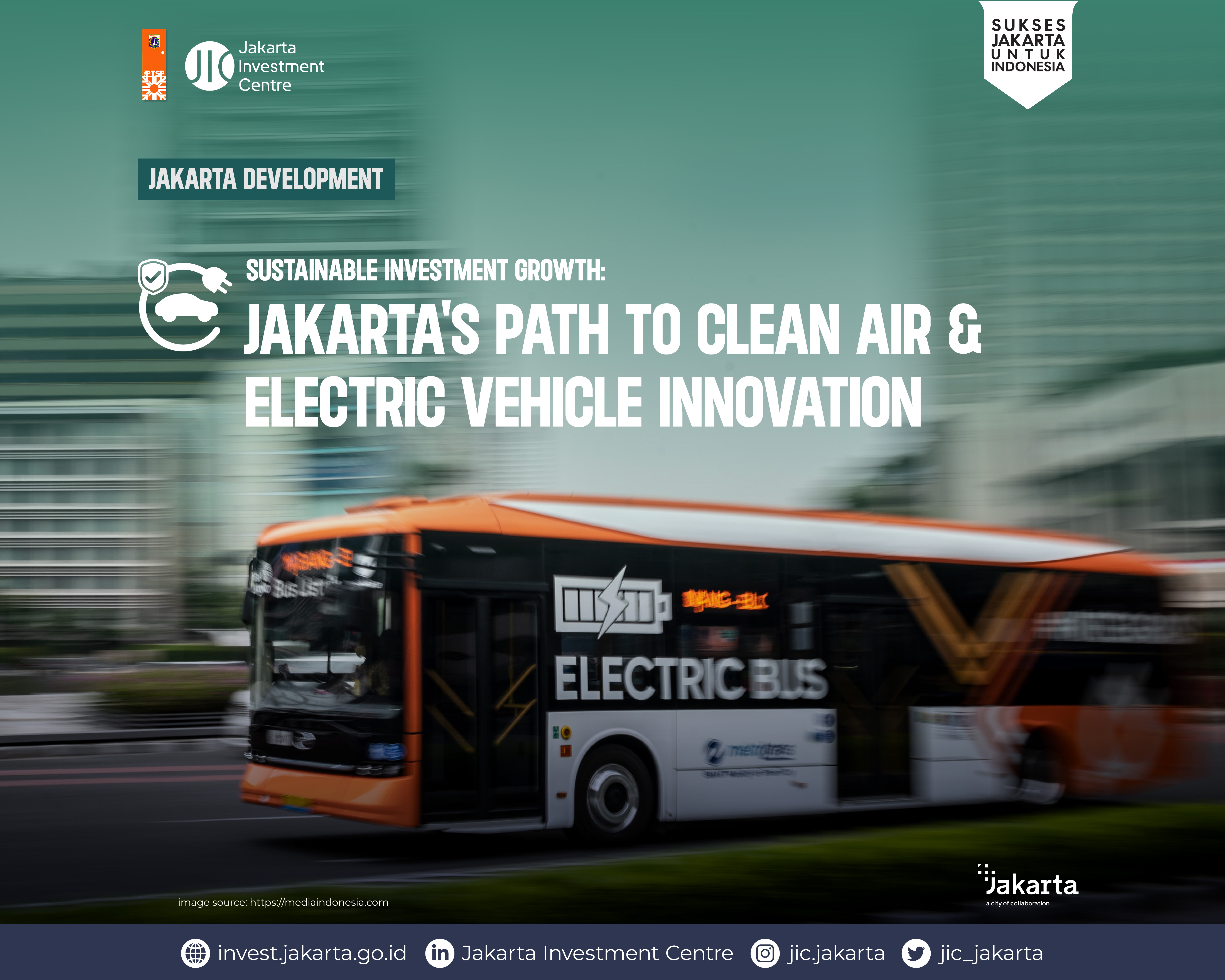

Climate disasters at an unprecedented scale are happening in Indonesia and worldwide, resulting in a great number of victims and financial losses and continuing to escalate if we do not rein in the main cause of the problem, which is carbon emissions. In 2021, the country generated approximately 619.28 million tonnes of CO2, with Jakarta contributing a major portion of the emissions. According to Jakarta’s Transportation Transformation: Reviewing the Transport Sector’s Zero Emission Target by 2050, a new study in 2022 by Greenpeace Indonesia and the Resilience Development Initiative (RDI), Jakarta generated 22.8 million tonnes of CO2 in 2020, with fossil-fueled private vehicles making more than two-thirds of the amount.
Electric Vehicle (EV) is considerably one of the solutions that are able to lower emissions compared to conventional vehicles. EVs will create fewer carbon emissions than gasoline-burning cars over the course of their driving lifetimes. Recognizing the importance of accelerating the adoption of electric vehicles, the Central Government issued the Minister of Finance’s Regulation 38/2023, which provides incentives for electric vehicles throughout the year. With this provided incentives, it is expected to increase the private electric vehicle users and grow the market size.
Aligning with the national initiatives, the Jakarta Provincial Government issued Governor’s Regulation 90/2021 regarding Regional Low Carbon Development Plan, aiming to reduce greenhouse gas emissions by 30% in 2030 and achieve complete emission neutrality in 2050.
Focusing on public transportation availability since years ago, Jakarta has been operating around 30 electric buses through Transjakarta since 2022 and is targeting to transform more than 10,000 fleets by the end of 2030. This transformation is one of Jakarta’s Provincial Government actions to support the Government of Indonesia's Battery Electric Vehicle Acceleration Program for Road Transportation.
Currently, Jakarta supports the electrification of private vehicles by providing 70 charging stations. In addition, Jakarta plans to add more integrated charging stations in South Jakarta. These facilities include 21 charging stations, conventional and tenant car parks supported by inner-city toll roads, a 500 kV power line for high voltage, 150 kV substations, and fiber optics. Approximately, this project requires 67.32 billion investment until 2031.
As the urgency to tackle carbon emissions and transforming into a more sustainable transportation is near, more collaborations are important to accelerate the agenda.